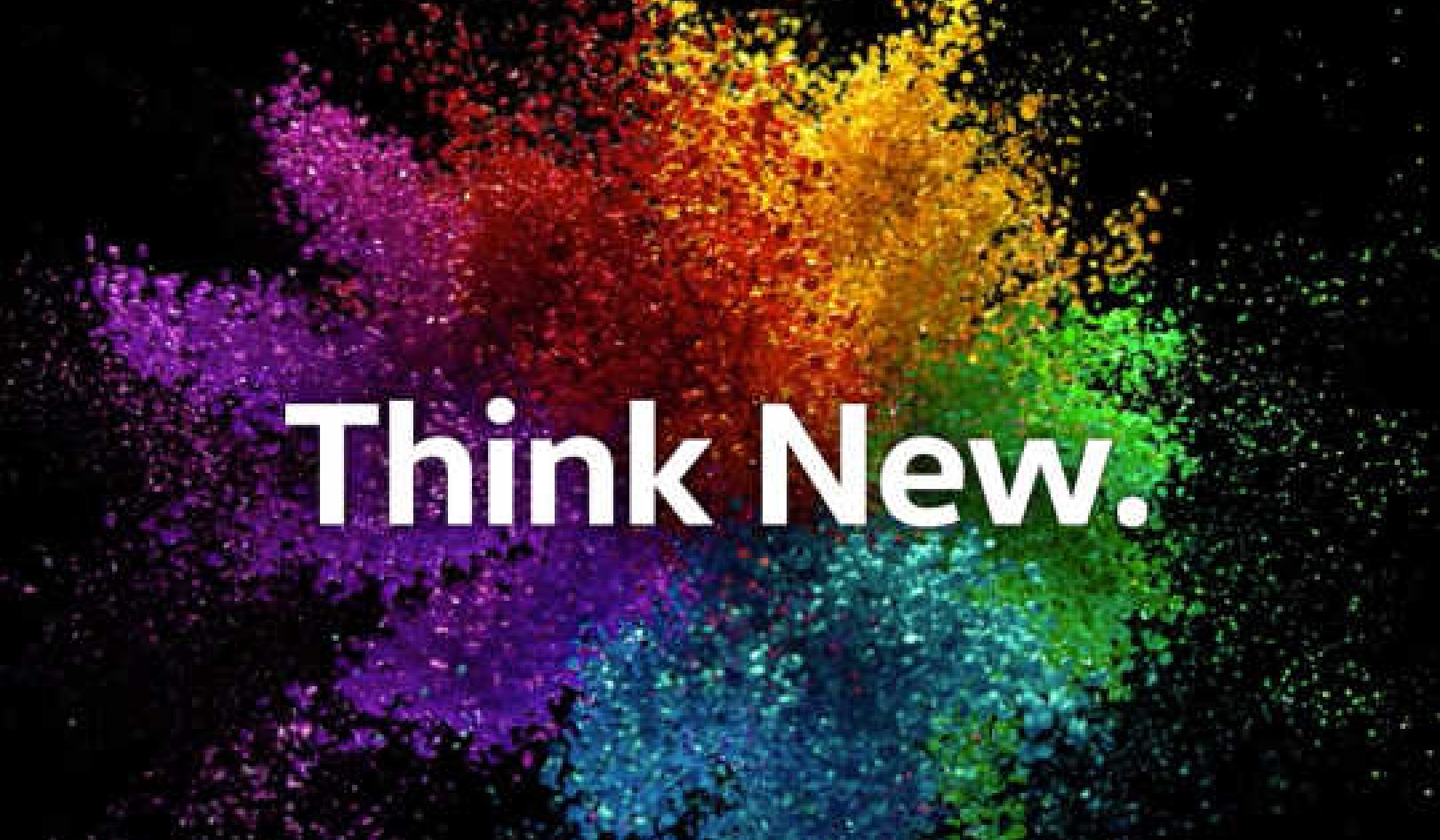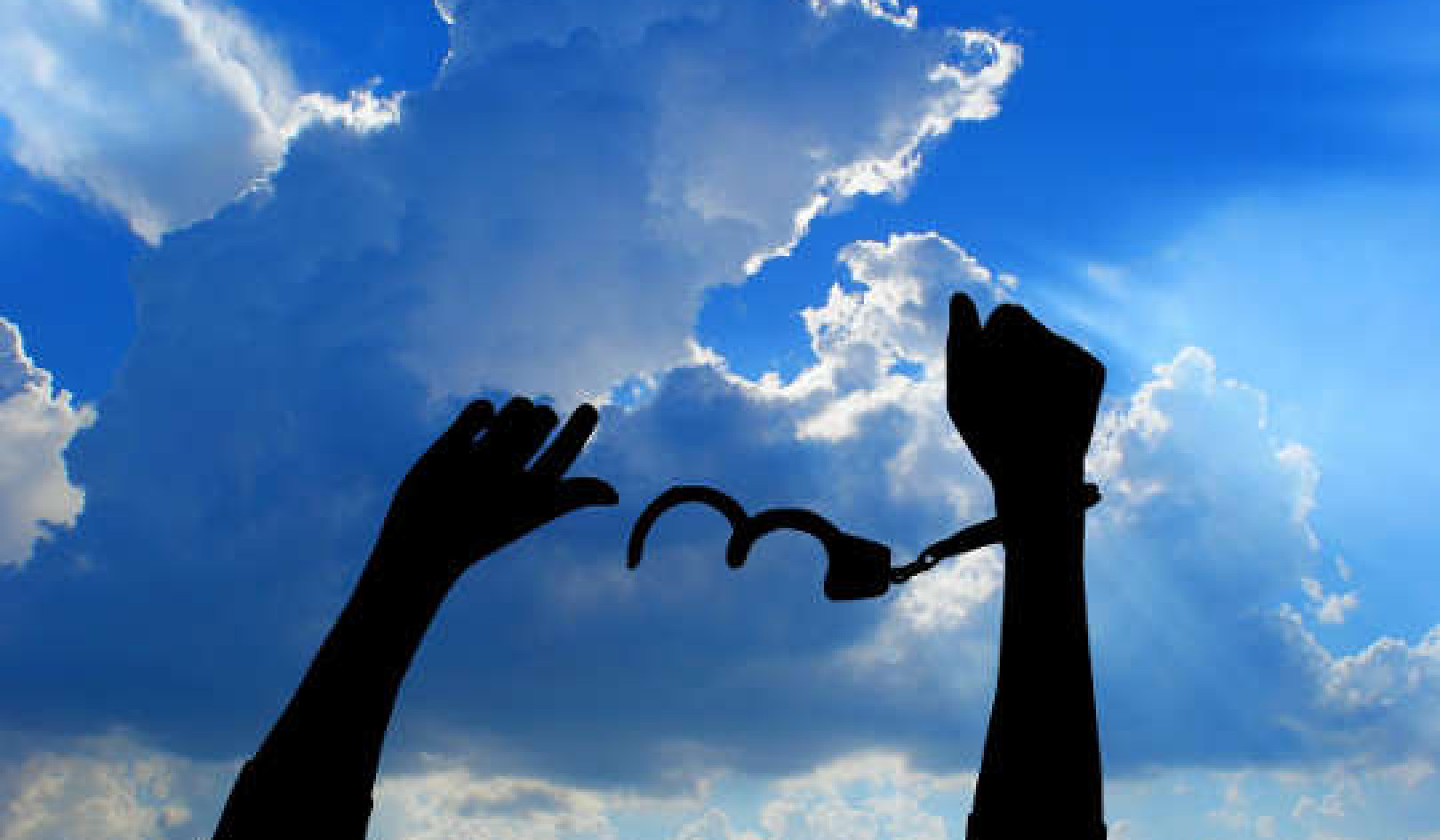
David Koch meets breastfeeding advocates who converged outside the studio where his show is recorded. AAP/Damian Shaw Yvette Miller, Queensland University of Technology
The host of Sunrise breakfast television show, David Koch, aka Kochie, has stirred controversy by saying mothers should breastfeed “discreetly” and that while he agreed that breastfeeding should be done in public, “I think you have to be a bit classy about it.”
Kochie was commenting on a story about a mother of three who was asked to leave the Bribie Island Aquatic Centre after staff insisted she stop feeding her 11-month-old baby.
In response to his remarks, about 100 breastfeeding mothers and supporters showed up outside the TV show’s recording studio this morning for a “nurse-in”.
Breastfeeding trends
Despite the demonstrated benefits of breastfeeding for women, babies, and society at large, most women stop breastfeeding well before leading international authorities recommendations – even though 96% start breastfeeding their babies at birth.
The National Health and Medical Council (NHMRC) recommends breastfeeding to at least 12 months, and breastfeeding is beneficial whatever the age of the child. But by time their child is six months old, 40% of Australian women stop breastfeeding. And at the minimum recommended 12 months of age, more than three-quarters have stopped.
Embarrassment and concerns about breastfeeding in public are primary reasons women stop breastfeeding early. And comments like Kochie’s that endorse restricting a breastfeeding woman’s access to certain areas of public space further remove breastfeeding from public display. This increases breastfeeding mothers’ social discomfort and makes it difficult for them to do what we otherwise expect them to.
Legal implications
The federal Sex Discrimination Act 1984 makes it illegal to discriminate against a person, either directly or indirectly, for breastfeeding. So it’s illegal to restrict access to public spaces otherwise accessible because a woman is breastfeeding. This means the incident at the Bribie Island Aquatic Centre was illegal.
While Kochie may be right in one way – everyone is entitled to an opinion – it’s illegal to translate that opinion into differential treatment of breastfeeding women.
The Australian Breastfeeding Association issues “Breastfeeding Welcome Here” stickers for accredited public venues that support breastfeeding – as though it’s an extra service. Perhaps a more appropriate notice would be – “We obey the current federal legislation that prohibits us from denying you access to the same rights and use of space as everyone else if you are breastfeeding.”
{vembed Y=QTfbb9vYpmE}
Discretion and public expectation
Kochie’s call for women to be “discreet” when breastfeeding only further reinforces current confusion around distinguishing images of breasts during infant feeding from pornography or sexually explicit images. And it’s not only him – our virtual public spaces have been guilty of such discrimination and confusion too.
Facebook will not only remove photographs containing breastfeeding if too much breast is shown (usually determined by other users’ reports), but will also disable the account of the user who posts it as though they have committed a crime against acceptable standards of conduct. This endorses public judgement that images of a breast in use by an infant are somehow scandalous.
We subject women to confusing messages about breastfeeding all the time. Health-care providers and national and international authorities implore women to breastfeed, but we don’t take responsibility as a society for making it easy.
The episode at the Queensland swimming pool further removes normal acts of parenting, like breastfeeding, from the public domain, increasing women’s social isolation, restricting their opportunities for accessing social support and developing parenting skills through social learning, and undermining their confidence.
All in it together
Given that “it takes a village to raise a child”, the very least we can do is avoid placing unreasonable barriers and pressures on mothers who are doing an incredibly important job for us all.
And breastfeeding does benefit everyone. In an already over-burdened health-care system, breastfeeding can reduce rates of a suite of infant illnesses and chronic diseases. What’s more, it reduces the incidence of cancers and chronic diseases for breastfeeding women. So, in terms of health, breastfeeding benefits both the consumer and the producer.
Sub-optimal rates of breastfeeding – even to only six months of age – are estimated to cost the US economy about $13 billion dollars per year, and a net $8.7 billion after including the costs of extra food for lactating women and paid maternal leave from work.
Including breastfeeding women in public life is our legal responsibility, and offers significant health, environmental and economic benefits to us all. ![]()
About the Author
Yvette Miller, Senior Lecturer in Public Health, Queensland University of Technology
This article is republished from The Conversation under a Creative Commons license. Read the original article.

Related Books:
Here are 5 non-fiction books on parenting that are currently Best Sellers on Amazon.com:The Whole-Brain Child: 12 Revolutionary Strategies to Nurture Your Child's Developing Mind
by Daniel J. Siegel and Tina Payne Bryson
This book provides practical strategies for parents to help their children develop emotional intelligence, self-regulation, and resilience using insights from neuroscience.
Click for more info or to order
No-Drama Discipline: The Whole-Brain Way to Calm the Chaos and Nurture Your Child's Developing Mind
by Daniel J. Siegel and Tina Payne Bryson
The authors of The Whole-Brain Child offer guidance for parents to discipline their children in a way that promotes emotional regulation, problem-solving, and empathy.
Click for more info or to order
How to Talk So Kids Will Listen & Listen So Kids Will Talk
by Adele Faber and Elaine Mazlish
This classic book provides practical communication techniques for parents to connect with their children and foster cooperation and respect.
Click for more info or to order
The Montessori Toddler: A Parent's Guide to Raising a Curious and Responsible Human Being
by Simone Davies
This guide offers insights and strategies for parents to implement Montessori principles at home and foster their toddler's natural curiosity, independence, and love of learning.
Click for more info or to order
Peaceful Parent, Happy Kids: How to Stop Yelling and Start Connecting
by Dr. Laura Markham
This book offers practical guidance for parents to shift their mindset and communication style to foster connection, empathy, and cooperation with their children.

























